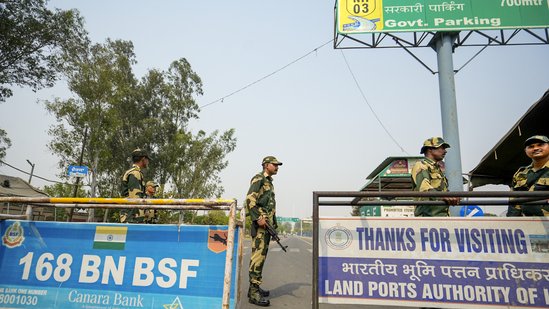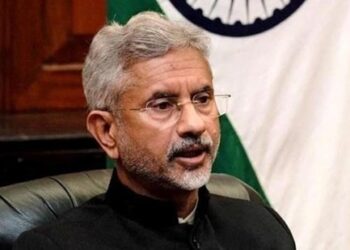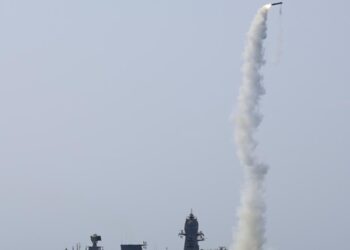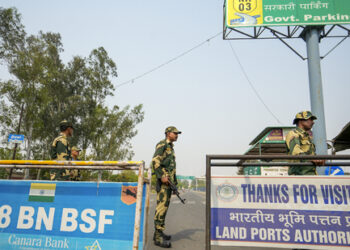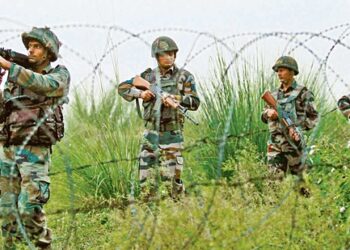For the seventh night in a row, the Pakistan Army resorted to unprovoked small-arms firing across multiple sectors along the Line of Control (LoC) in Jammu and Kashmir, prompting a measured yet firm response from the Indian Army.
According to Defence PRO Lieutenant Colonel Suneel Bartwal, the latest firing occurred during the night of April 30 and early morning of May 1. “Pakistan Army posts initiated unprovoked small-arms fire across the Line of Control opposite Kupwara, Uri, and Akhnoor. These were responded proportionately by the Indian Army,” Bartwal said.
The cross-border firing comes amid already heightened tensions following the deadly Pahalgam terror attack, which claimed the lives of 26 people. Since then, Pakistan has escalated its activities along the LoC, with Indian military posts in Baramulla, Kupwara, and Akhnoor facing nightly targeting.
India had earlier conveyed a stern warning to Pakistan during a hotline communication between the Directors General of Military Operations (DGMOs) of both nations, cautioning against further ceasefire violations.
The ongoing incidents follow India’s decision to suspend the Indus Waters Treaty, marking a significant diplomatic and strategic escalation in response to cross-border terrorism.
The ceasefire agreement, reaffirmed by both nations on February 25, 2021, had brought a period of relative calm along the LoC. However, that fragile peace now appears to be unraveling.
Residents living near the LoC and International Border (IB) have been gripped with fear and are taking precautions. Several families in border villages have begun renovating underground bunkers—popularly known as “Modi bunkers”—which serve as shelters during shelling and firing incidents.
Reports of firing have been consistently coming in from different sectors since April 25. Tutmar Gali, Rampur, Poonch, Kupwara, and the Chenab post in the Pargwal sector have all seen fresh ceasefire violations, with the Pakistani Army frequently shifting its targets along the border.
While the Indian Army has maintained strategic restraint, sources suggest that any further escalation could prompt a stronger retaliatory posture.


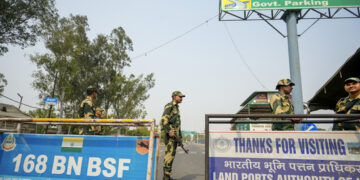
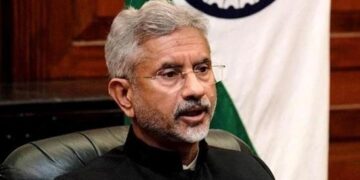

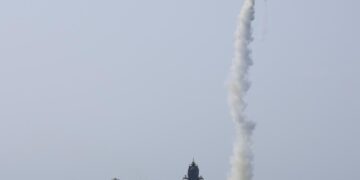
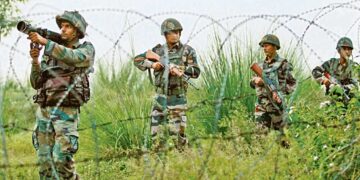
 India
India
